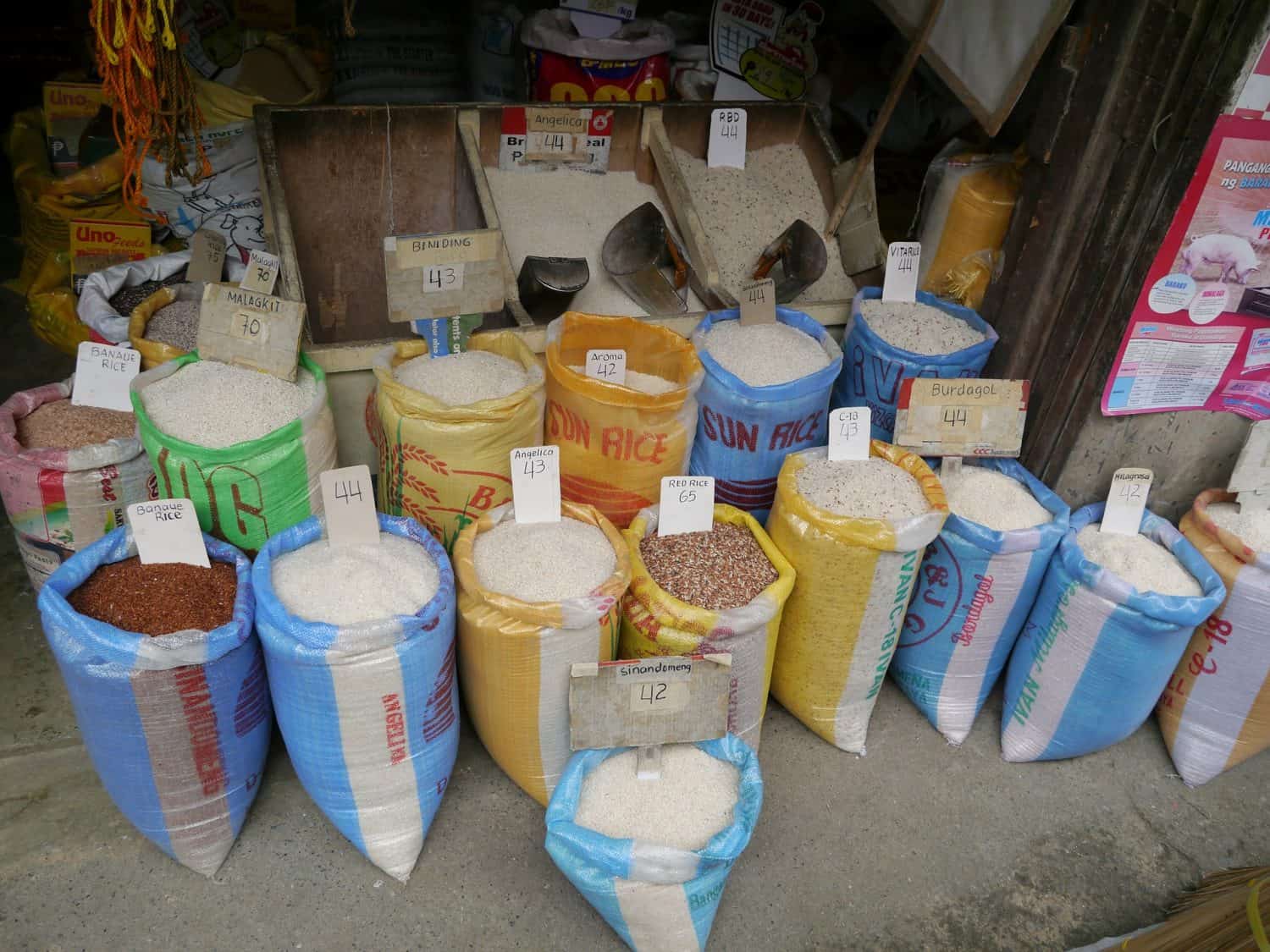The Food and Agriculture Organization of the United Nations (FAO) said that the global food import bill is about to reach a new record of $1.8 trillion in 2022.
In a recent report, FAO expected that the global food import bill would rise by $51 billion compared to 2021, of which $49 billion would be due to increase in prices.
FAO Thursday added that many vulnerable countries incur more costs but get less food, which is worrying.
The organization confirmed that both sub-Saharan Africa and net food-importing developing countries will witness an increase in food costs despite the decrease in imported quantities.
“These indicators are alarming from a food security perspective as they indicate that importers will find it difficult to finance the rise in international costs. This could lead to a decline in their ability to withstand higher prices,” FAO said.
The organization proposed the establishment of a global facility for financing food imports with the objective of supporting the balance of payments of low-income countries that largely depend, more than others, on food imports as a strategy to protect their food security.
The report confirmed that developing countries are operating to reduce their imports of cereals, oilseeds and meat, which shows their inability to cover this increase in prices.
The organization predicted that global production of the main cereals would decline in 2022 for the first time in four years, and at the same time their use at the global level would decline for the first time in 20 years.
FAO report also predicted a slight increase in global wheat stocks this year, mainly due to the accumulation of stocks expected in China, Russia and Ukraine.
Grain supplies from Russia and Ukraine, which are among the six largest exporters of grain in the world, have fluctuated due to the war that has been going on between them since February.








